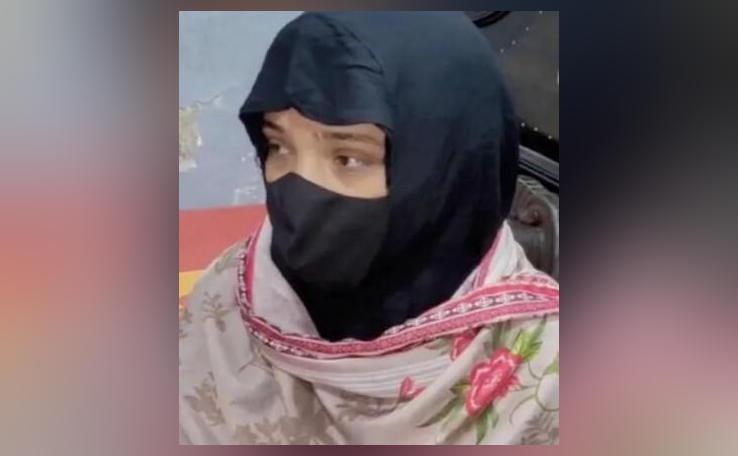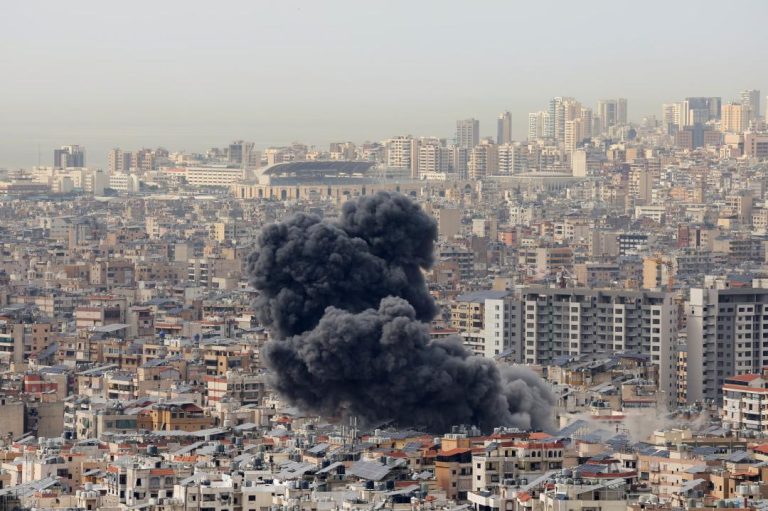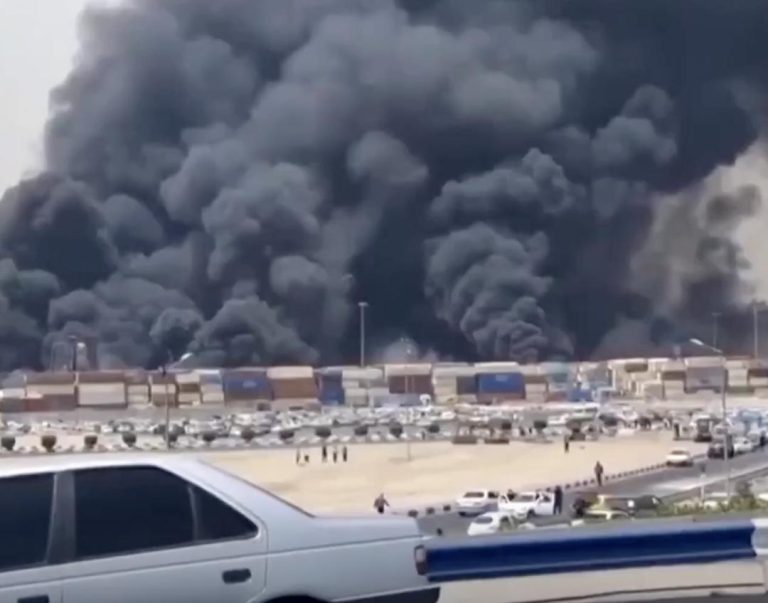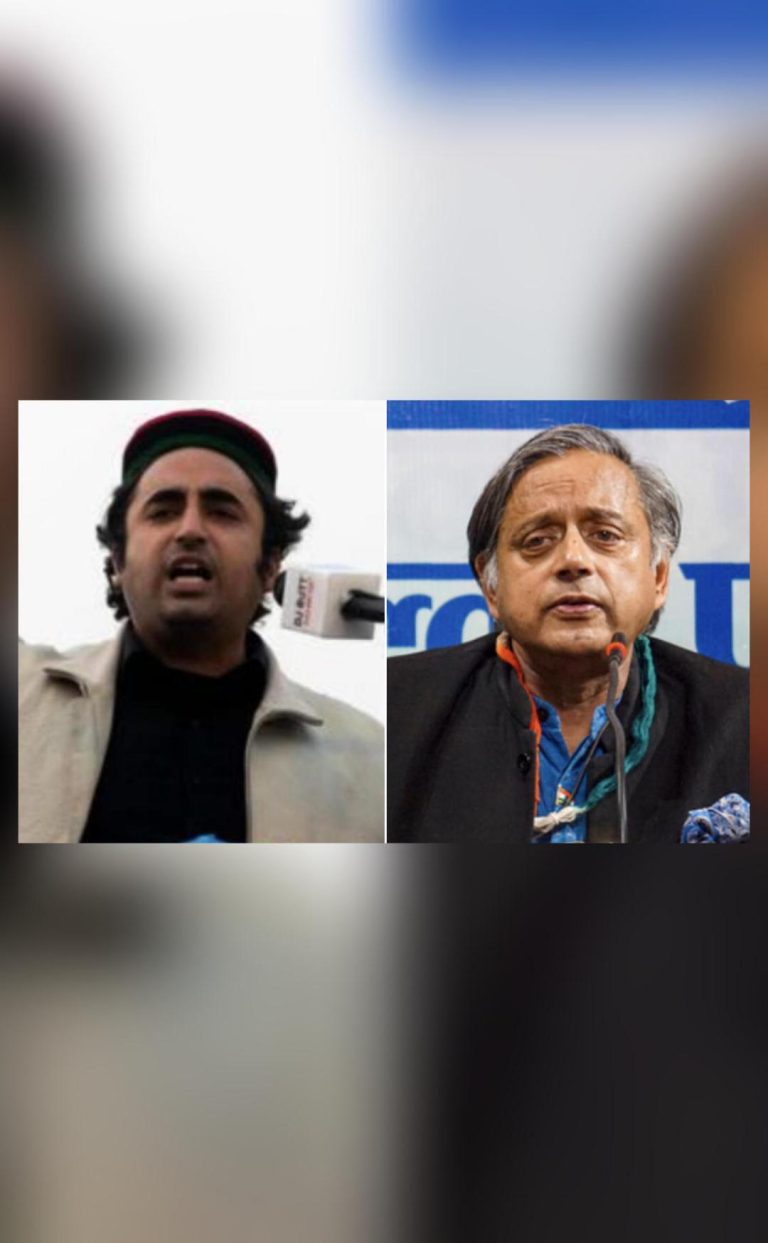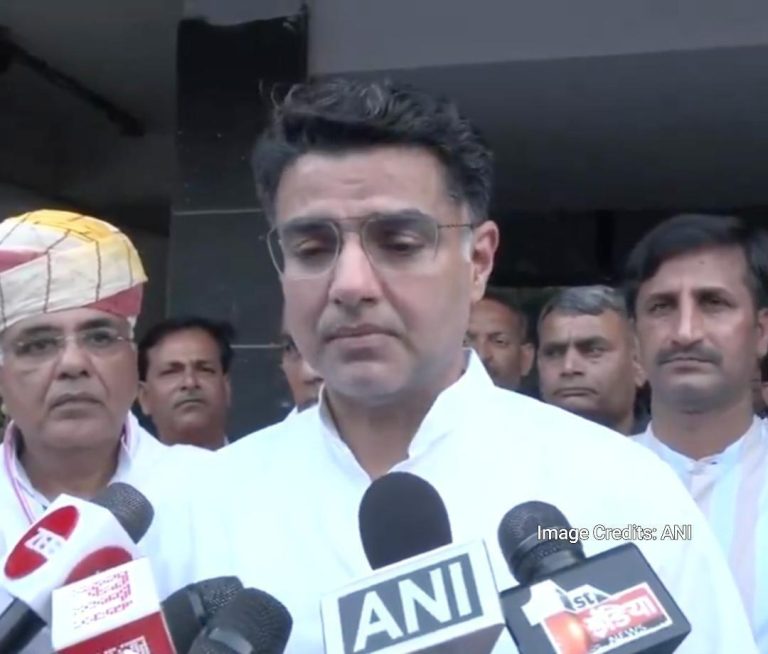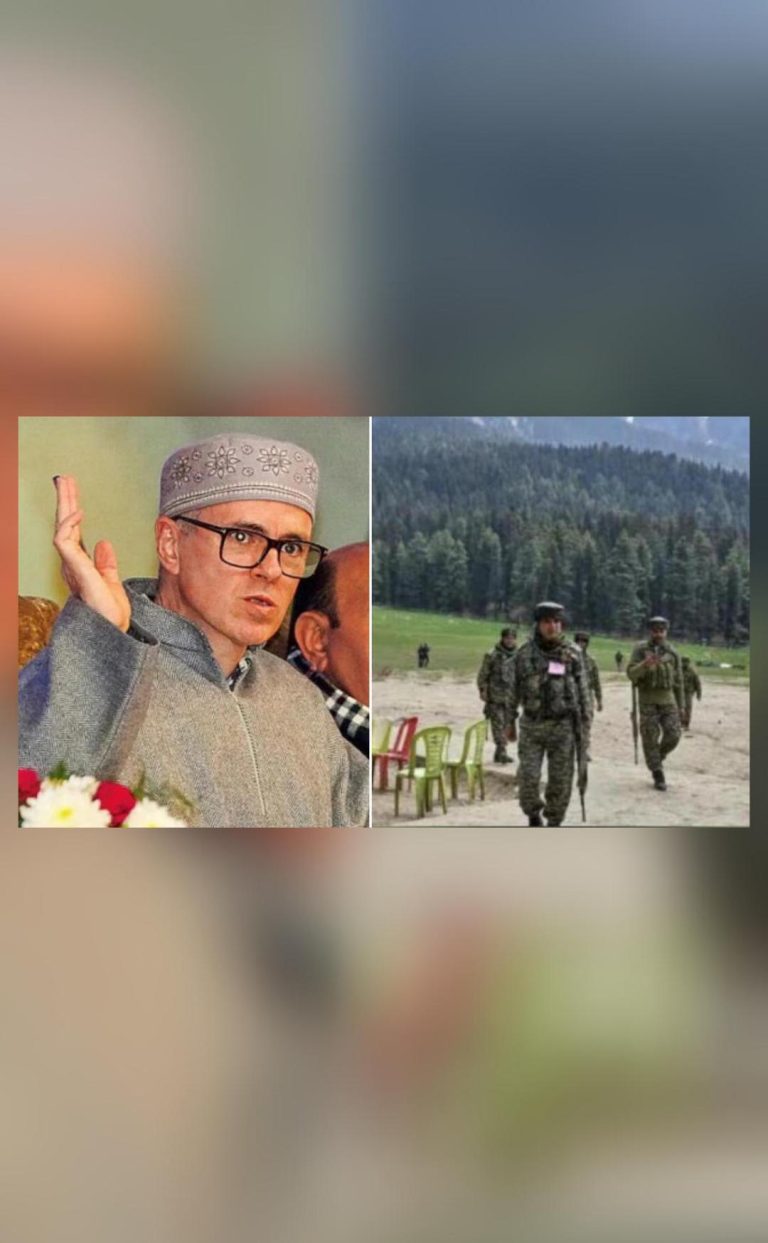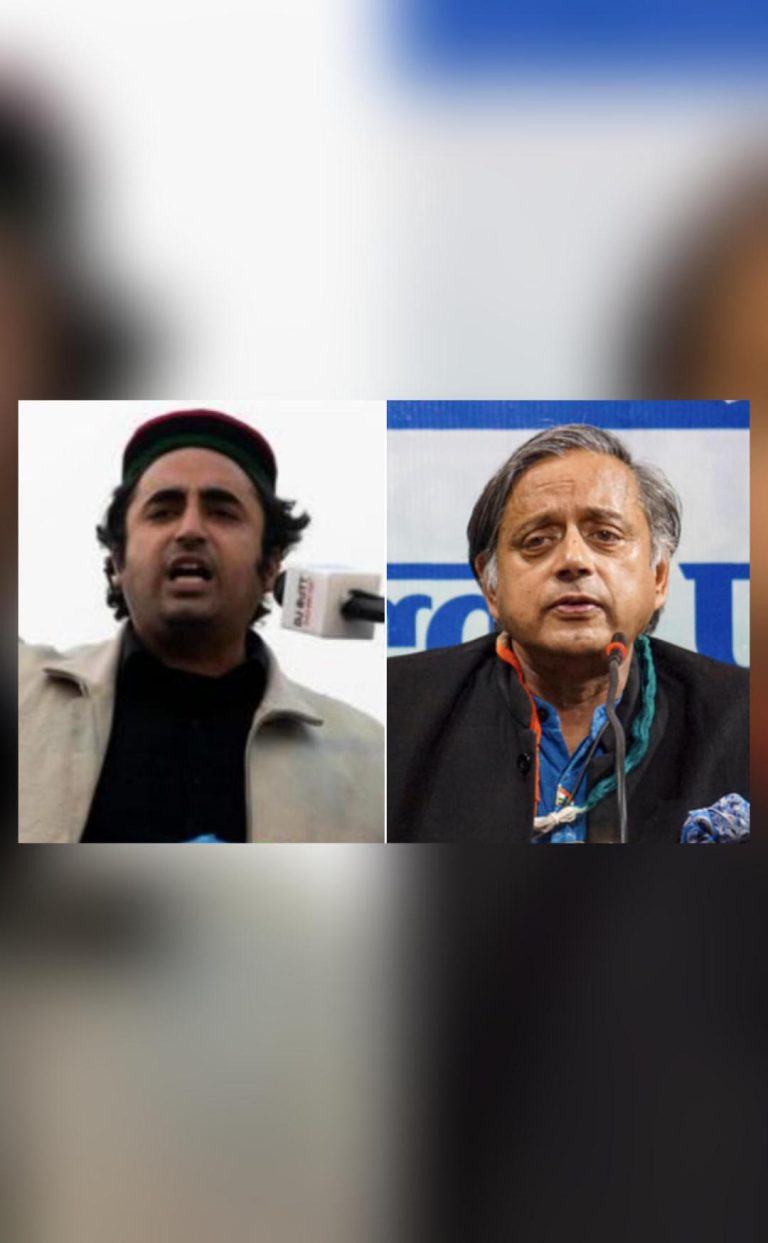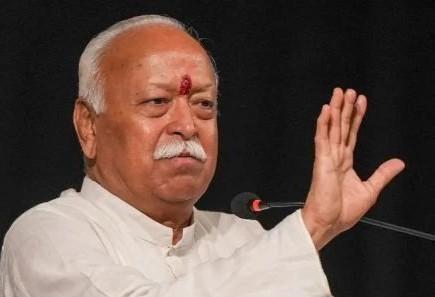
Title: If someone turns to evil then we’ll teach lesson: Bhagwat on J&K attack
The recent terror attack in Pahalgam, Jammu and Kashmir, has sent shockwaves across the country. As the nation grapples with the aftermath of the tragic event, the chief of the Rashtriya Swayamsevak Sangh (RSS), Mohan Bhagwat, has made some striking remarks that have sparked a heated debate. According to Bhagwat, non-violence is India’s religion, but so is teaching a lesson to “oppressors and hooligans”. This dichotomy has raised many questions about the RSS’s stance on violence and its role in the country’s political landscape.
In a video interview, Bhagwat was asked about the RSS’s response to the recent attacks in the Valley. He began by stating that India is a country that follows the principles of non-violence, and that non-violence is indeed its religion. However, he went on to add that if someone is bent on being evil, then the only way to deal with them is to teach them a lesson.
“We never harm or disrespect our neighbours, but if someone is bent on being evil, what is the cure? The king’s duty is to protect the people, and he will do his duty,” Bhagwat said.
On the surface, Bhagwat’s statement may seem contradictory. On one hand, he emphasizes the importance of non-violence, which is a fundamental principle of India’s philosophy of non-violent resistance. On the other hand, he suggests that violence may be necessary to deal with individuals or groups that are engaged in evil activities. This raises questions about the limits of non-violence and the circumstances under which it may be justified to use force.
One possible interpretation of Bhagwat’s statement is that he is advocating for a nuanced approach to conflict resolution. According to this view, non-violence is always the preferred option, but in certain circumstances, the use of force may be necessary to protect the innocent and maintain law and order. This approach is not uncommon in international relations, where countries often use a combination of diplomacy and military force to achieve their goals.
However, Bhagwat’s statement also has the potential to be misinterpreted, especially in the context of the current political climate in India. The RSS has been accused of promoting a brand of Hindu nationalism that is intolerant of dissent and critical of minority communities. Bhagwat’s statement could be seen as a justification for the use of violence against those who are perceived as threats to the Hindu majority.
Moreover, Bhagwat’s emphasis on the “king’s duty” to protect the people raises questions about the role of the state in maintaining law and order. In a democratic system, the state is supposed to be accountable to its citizens, and the use of force should always be justified in terms of the protection of the people. However, Bhagwat’s statement suggests that the state may have a broader mandate to enforce its own version of morality, which could lead to abuses of power and human rights violations.
In conclusion, Bhagwat’s statement highlights the complex and nuanced nature of conflict resolution in India. While non-violence is an important principle of Indian philosophy, the country also faces many challenges that require a more pragmatic approach to conflict resolution. However, it is essential to ensure that the use of force is always proportional and justifiable, and that the state remains accountable to its citizens.
Sources:
